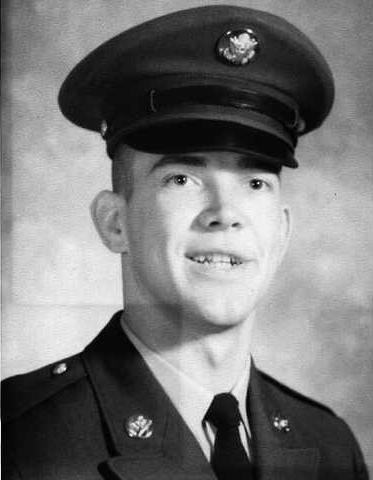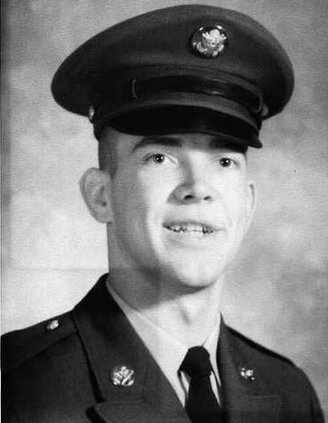Rickie Barron joined the U.S. Army to fly — and fly he did.
The New Holland native, now living in North Hall, has just wrapped up a 41-year military career that included logging 800 combat mission hours in a Chinook helicopter in the Vietnam War.
In all, Barron amassed more than 12,000 accident-free flight hours and taught some 250 aviation students in his career.
His stellar career started on a modest note. It was 1969 and the East Hall High School graduate was trying to transfer from Gainesville Junior College (as it was then known) to the University of Georgia.
“I dropped out a quarter to work and the draft board didn’t like that,” Barron said in an interview at his home Sunday afternoon.
The government changed his draft status to 1-A, which means “available for unrestricted military service.”
“So, I decided I would join to get what I wanted, and so I joined the Army to fly,” Barron said. “The Army was the only (one) that would let you fly without a degree.”
After basic training in 1969, he was selected to go to the Warrant Officer Rotary Wing Flight School in Fort Wolters, Texas.
He arrived in Vietnam in April 1970.
“At the age of 21, I was the aircraft commander of a crew of five and I was the oldest guy on the aircraft,” Barron said.
He ended up flying the Chinook in Vietnam, Laos and Cambodia.
“There were no combat fighting troops in Laos, but all us helicopter crews were shuttling the South Vietnamese back and forth,” Barron said. “It was intense. ... Also, part of the Chinook’s mission was to fly the artillery pieces.”
He met up with a good bit of enemy resistance.
“Usually, in Vietnam, it was small arms and occasionally .50-caliber machine guns,” Barron said. “But Laos was cement- and steel-reinforced bunkers, tanks and anti-aircraft weapons we had not experienced in Vietnam. We suffered a lot of aircraft down.”
The Laotian missions lasted about six weeks.
Barron, now 61, left Vietnam in April 1971 and remained on active duty until Aug. 31, 1977.
But he was far from through with the military. He went on to join the U.S. Army Reserve, serving as a Huey helicopter instructor pilot at Knox Army Airfield at Fort Rucker, Ala.
In 1996, Barron transferred to the Georgia Army National Guard as the battalion standardization pilot in the newly formed 1-171st Aviation Regiment.
“Basically, our Reserve unit was going away, so we had to find a home,” he said, looking over at his wife, Terry. “When we first came over, we were in Winder, but shortly thereafter, we moved everything over to Dobbins (Air Reserve Base).”
In 2006-2007, he served as the Army National Guard standardization officer responsible for rewriting National Guard Bureau regulations.
And then, 2007-2010, he developed and managed the National Guard’s Aviation Support Activities Accident Prevent Survey Program Team.
“We go out to all the deploying National Guard units and we make sure they’ve got the right equipment and training to go over there and be successful,” Barron said.
He was deployed in 1991 as part of Operation Desert Storm, or the Gulf War, and then in June 2004 for a two-year stint with U.S. Army Forces Command.
Barron and his wife, Terry, married in 1996.
“I was actually her first instructor pilot, when she got out of flight school,” he said.
Terry, who joined the Army Reserve in Ohio in 1984, is now a Black Hawk helicopter pilot with the 1-171st and will deploy to Iraq in January.
“We’re leaving right after Thanksgiving to go to Fort Hood (Texas), our mobilization station,” she said.
Barron completed his career with a retirement ceremony Oct. 8 at Dobbins, but no rocking chairs are in his immediate future.
“Retirement was going real well until (Saturday), when they’ve contracted me back to do the same thing,” he said, referring to the aviation team.
“We’ve had a lot of success with that program,” he said. “... We took a National Guard program that was running about a 67 percent pass rate and turned it into 100 percent. That’s another reason I’m still there.
“I feel committed and hopefully, I can do or say something that’ll bring one of those young guys back.”

